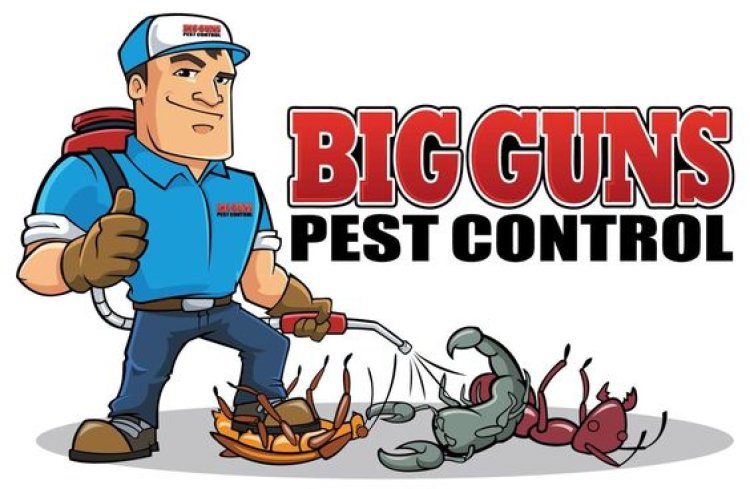Biological Control of Pests: A Sustainable Approach
Share this Post to earn Money ( Upto ₹100 per 1000 Views )

Pest management is a crucial aspect of agriculture and urban living, and with the rise of environmentally conscious practices, Biological Control Of Pests has emerged as a sustainable solution. In this blog, we’ll explore what biological control entails, its benefits, and how it contrasts with traditional pest control methods. We’ll also touch on the significance of fumigation services in Lahore, which complement biological strategies for effective pest management.
What is Biological Control?
Biological control involves using natural predators, parasites, or pathogens to manage pest populations. This method leverages the natural ecosystem to keep pest numbers in check, reducing the need for chemical pesticides. Common examples include:
- Predatory insects: Ladybugs control aphids, while lacewings target various soft-bodied pests.
- Parasitoids: Certain wasps lay their eggs inside or on the bodies of pest insects, ultimately controlling their population.
- Microbial agents: Bacteria and fungi can be introduced to attack specific pests, such as the Bacillus thuringiensis (Bt) bacterium, which is effective against caterpillars.
Benefits of Biological Control
-
Environmental Safety: Biological control methods are generally safer for the environment, reducing the risk of pesticide runoff and contamination.
-
Sustainability: This approach promotes ecological balance, allowing natural pest control mechanisms to thrive, thus ensuring long-term pest management solutions.
-
Reduced Chemical Use: By relying on natural predators, farmers and homeowners can significantly reduce their dependence on chemical pesticides.
-
Cost-Effectiveness: Although the initial investment in biological control agents might be higher, the long-term savings in pest management costs and increased crop yields can be substantial.
Challenges of Biological Control
While biological control offers numerous advantages, it’s not without challenges. The effectiveness of this approach can depend on environmental conditions, the specific pest species, and the time required for natural predators to establish themselves. Additionally, improper use can sometimes lead to unintended consequences, such as the introduction of non-native species that disrupt local ecosystems.
Fumigation Services in Lahore
In cities like Lahore, where urban pest problems are prevalent, traditional pest control methods like fumigation play a vital role. Fumigation is a process that involves sealing a space and filling it with gaseous pesticides to eliminate pests, including termites, bed bugs, and other infestations.
Why Fumigation?
- Immediate Results: Fumigation can effectively eradicate pests quickly, making it suitable for severe infestations.
- Comprehensive Treatment: Unlike localized treatments, fumigation penetrates all areas of a structure, ensuring that hidden pests are also addressed.
- Versatility: Fumigation can be used for various settings, from residential homes to commercial properties, and even in the transport of goods.
Integrating Biological Control and Fumigation
For effective pest management, integrating biological control with traditional methods like fumigation can be beneficial. After fumigation eliminates immediate pest threats, biological agents can be introduced to maintain low pest populations over time. This integrated approach not only addresses current infestations but also reduces the likelihood of future outbreaks.
Conclusion
Fumigation Services in lahore is a promising and sustainable method for managing pests that aligns with the principles of environmental stewardship. In urban settings like Lahore, where pest issues are common, the role of fumigation services becomes crucial. By combining these two strategies, we can work towards a more balanced approach to pest management that protects our health and the environment.
















